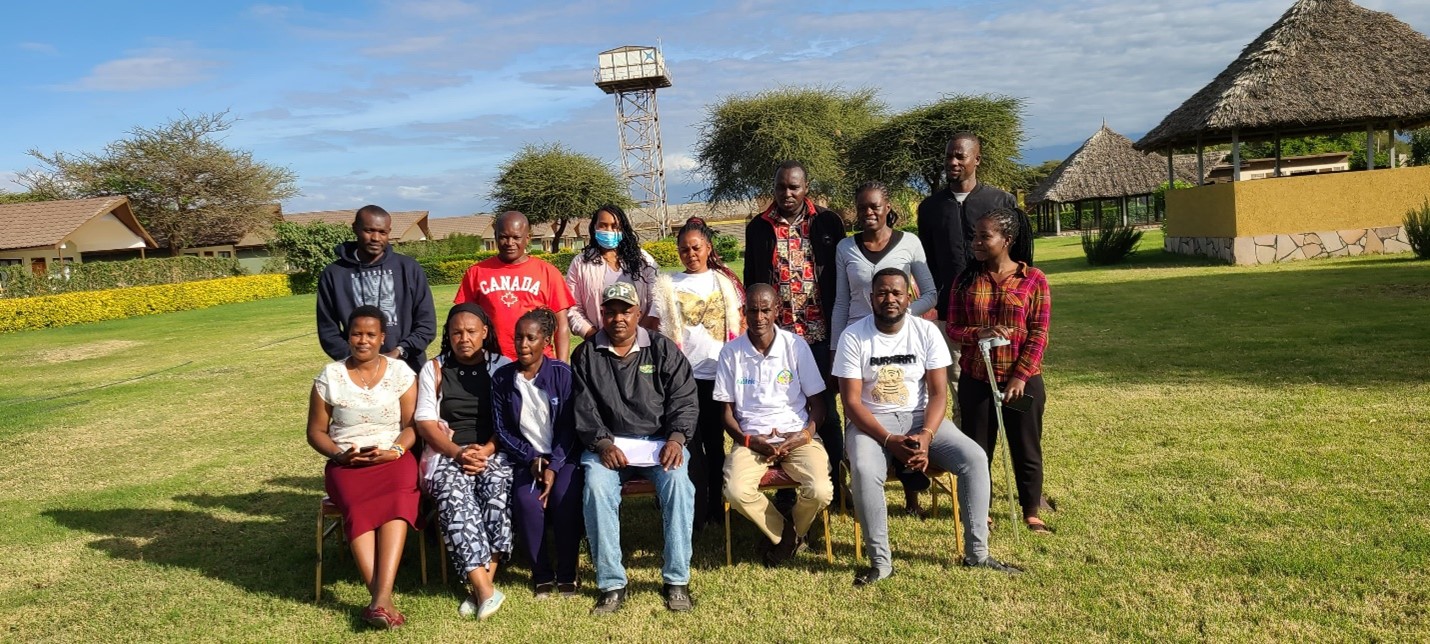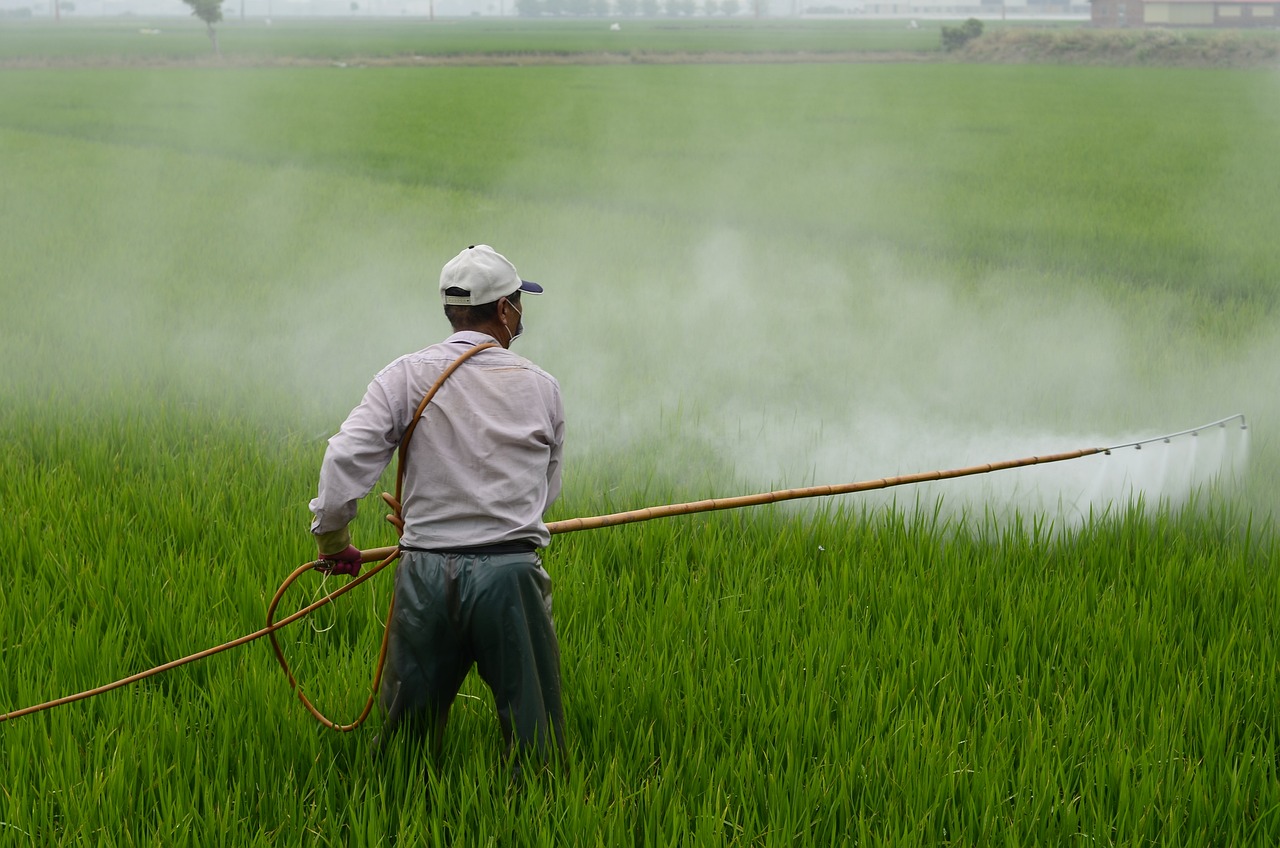Training on community-based pesticide action monitoring on the use and impacts of pesticides on human health and the environment
Amid the delicate balance of the Amboseli ecosystem, renowned for its diverse wildlife, natural grasslands, and pastoral practices, a new challenge has emerged, the unregulated use of pesticides. In response, the Centre for Environment Justice and Development (CEJAD), supported by the Sigrid Rausing Trust, held a crucial training workshop on June 26-27, 2024, at Penety Resort in Amboseli, Loitoktok Sub-County, Kajiado County.
The primary goal of this workshop was to train a team of field assistants from Kajiado County on using the CPAM tool to collect and document data on pesticide use and its effects on the Amboseli ecosystem. This empowers communities to actively participate in addressing local pesticide-related issues.
The participants, including community health promoters, farmers, and local administrators from Kuku, Kimana, Mbirikani, and Namelok areas, engaged in a comprehensive agenda over two days
The benefits of monitoring pesticide use include organizing farmers and agricultural workers and feeding collected data into local and national interventions. This approach aims to foster policy changes, promote sustainable agriculture, and mitigate health impacts associated with hazardous pesticides. This workshop represents a pivotal advance in sustainable pesticide management within the Amboseli ecosystem. By equipping local communities with the necessary knowledge and tools to monitor pesticide use, CEJAD is cultivating a culture of accountability and proactive environmental stewardship. The data gathered through CPAM will inform policy and advocacy efforts while also encouraging healthier and more sustainable agricultural practices.
As the world contends with the environmental consequences of pesticide use, the commitment of the Amboseli community to monitor and mitigate these effects serves as a beacon of hope. It demonstrates the profound impact of community-driven initiatives in shaping a sustainable future







